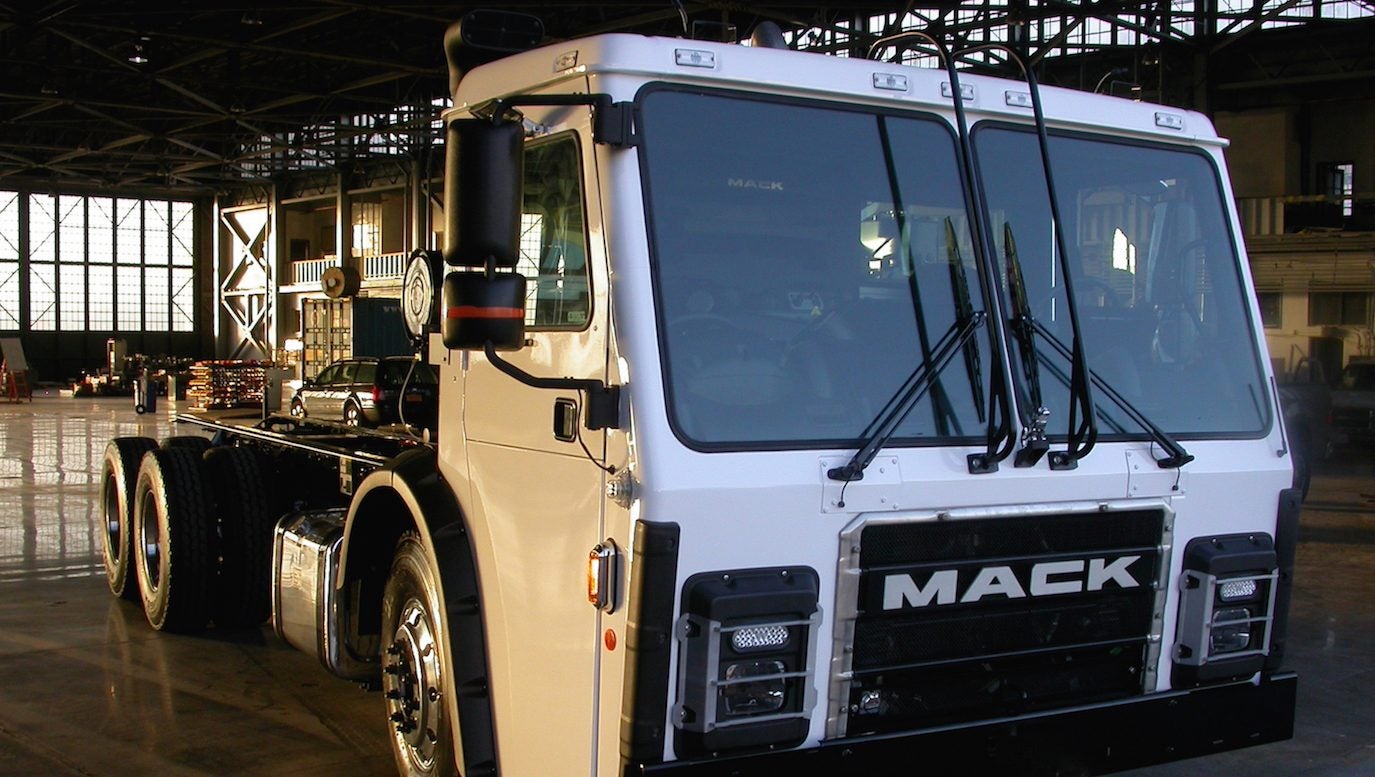The economics of electric garbage trucks are awesome
Garbage trucks are one of the least efficient vehicles on the road. Powered by diesel fuel, they average just 3 miles per gallon, burn about $42,000 of fuel per year, and emit about 20 times the carbon emissions of the average US home. As they rumble down city streets waking residents at dawn, they make more than 1,000 stops a day and log an average of 130 miles a day.


Garbage trucks are one of the least efficient vehicles on the road. Powered by diesel fuel, they average just 3 miles per gallon, burn about $42,000 of fuel per year, and emit about 20 times the carbon emissions of the average US home. As they rumble down city streets waking residents at dawn, they make more than 1,000 stops a day and log an average of 130 miles a day.
That makes them excellent targets for electrification. ”Within five years you’ll only have electric garbage trucks,” said Ian Wright, a former vice president of vehicle development at Tesla and founder of Wrightspeed in an interview. “Nobody will buy a diesel engine garbage truck.”
Wrightspeed, founded by Wright after leaving Tesla in 2004, is building a powertrain for trucks that uses a small onboard natural gas turbine to recharge electric batteries. Recharging happens on the fly in about 30 minutes. The trucks have low emissions and are far more fuel efficient than either diesel-powered trucks or those powered by natural gas. Most of the company’s parts and batteries are sourced by existing suppliers to keep costs low. The company even made a video to demonstrate their trucks’ performance in a James Bond-esque desert joy ride.
Wrightspeed says it can cut fuel costs by as much as 50% while reducing the wear-and-tear of an internal combustion engine. The $150,000 extra upfront cost of the system can double the price of a truck, which ranges from $150,000 to $230,000. It would take at least three years for the savings to cover that extra cost. ”The problem [Wrightspeed} has to solve is to get the upfront cost down to an affordable level,” Sam Jaffee, managing director of Cairn Energy Research Advisors, wrote in an email. “If they can reach that point, they’ve got a great product.”
Wrightspeed says it has booked a $30 million deal with a New Zealand transit authority for electric buses, as well as contracts with FedEx and waste companies for electric truck drivetrains. Wright is also fielding inquiries from the military, mining companies, ports, and tanker companies.
Nikola Motors is also releasing a long-haul truck combining a large battery pack with a natural gas engine. Siemens is testing its own semi-trucks with electric recharging from overhead wires, while Tesla, in its master plan last month, announced it would build a semi truck.
Let the race begin.